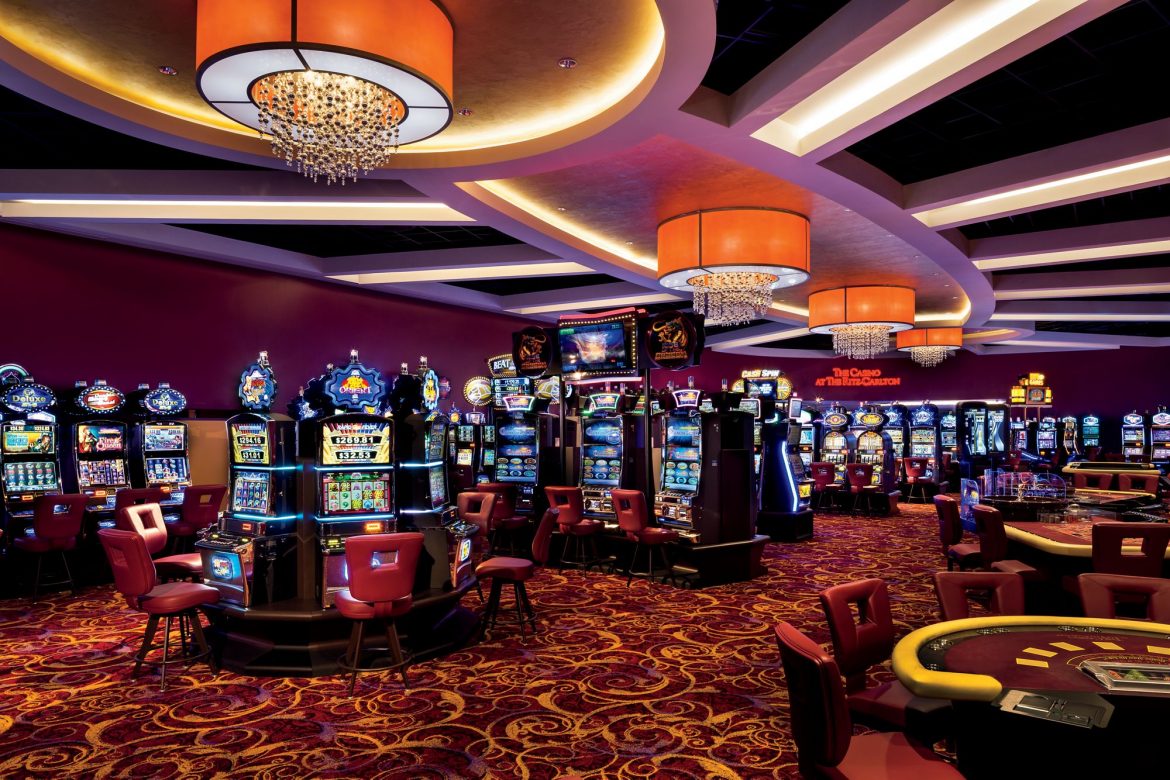There has always been disagreement surrounding the gaming sector, especially about the licensing and regulation of industry operators. Licensing the gambling industry could have several regulatory, social, and financial effects. Some are concerned about its negative impact on society, while others see it as a possible economic boost. Finland gambling regulation, which provides a structured method of controlling both domestic and foreign operators, is among the most notable examples of regulated gaming markets.
Economic Effects and Income Production
The possible financial gain is one of the main justifications for governments to open their gaming industries to licensing. Governments can impose taxes on gambling operations and generate substantial revenue by permitting licensed operators to enter the market. These monies can be utilized for social welfare initiatives, infrastructure improvements, or public services. Important economic effects include:
- Increased Tax Revenue: Since licensed operators are frequently obliged to pay taxes on their earnings, this can greatly strengthen the government’s offers. This helps people to stay away from economic loss and avoid stress.
- Employment Creation: Both directly inside the gambling business (casinos, bookmakers, and internet platforms) and indirectly in areas like marketing, customer support, and regulation, legalized gambling markets have the potential to generate a large number of employment openings.
- Growth of Tourism: The opening of the market can draw tourists from outside, which will boost local economies in nations where gambling is incorporated into tourism.
Although the money made can be used to support public initiatives, it also begs the question of whether these revenue streams can be sustained over the long run, particularly if market saturation takes place.
Responsible Gambling and Consumer Protection

Usually, measures to protect customers and ensure fair operation of gaming activities are taken in line with the launch of the betting industry and license acquisition.
- Age Verification: Make sure that only adults are permitted to bet by confirming their age before permitting them to do so.
- Fair Play Standards: Consistent audits and inspections to guarantee that operators are open and honest about their business procedures and that games are fair.
The stringent Finland gambling regulation are intended to create a secure gambling environment for both locals and tourists. These steps can boost consumer confidence in the market and lower the likelihood of gambling-related harms.
Social and Moral Aspects to Take into Account
Opening the market could expose more people to the dangers associated with making a bet, which has the potential to be harmful. The following are a few potential social issues:
- Problem Gambling: There might be more people coping with addiction and the consequent negative consequences on their financial and personal lives as betting gets more easily accessible.
- Weak Groups: Some demographic sets, such as young adults or people with mental health conditions, may be particularly exposed to the harmful impacts of gambling.
- Social Stigma: Gambling is still viewed as a contentious activity in some cultures, and the legalization of betting may cause opinions in society to shift.
The need to protect the weak and uphold moral principles must be balanced with the goal of economic expansion.




